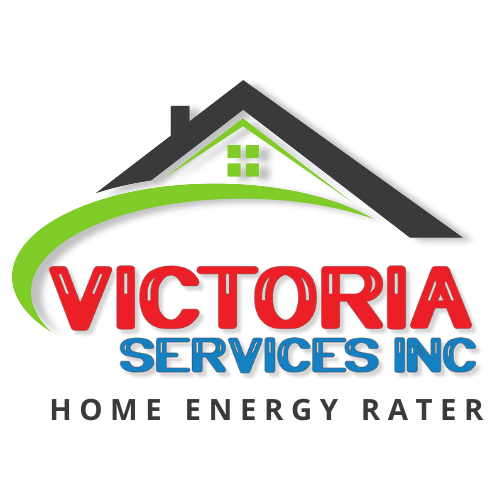A heat pump is a mechanical device designed to both heat or cool a space. It moves heat from one location to another, utilizing a refrigeration cycle to extract heat from the outside air and transfer it indoors for heating. In the cooling mode, the process is reversed, and heat is expelled from the indoor space to the outdoors. Heat pumps are known for their energy efficiency, providing a year-round solution for maintaining comfortable temperatures in homes and buildings.
What Does A Heat Pump Do?
Ductless
Heat pumps in ductless mini-split systems consist of an outdoor unit and indoor air handlers installed in specific zones or rooms. The outdoor unit transfers heat between the indoors and outdoors. Each indoor air handler operates independently, allowing customizable temperature control for different areas, making ductless systems versatile and efficient for heating or cooling specific zones without relying on ductwork.
Air Handlers
Heat pumps in an HVAC system can work with air handlers by utilizing the heat pump as the primary heating or cooling source. The heat pump transfers heat to or from the air, which the air handler then circulates throughout the building via ductwork, ensuring even distribution of conditioned air and providing comfort to different areas within the structure.
The Complete HVAC System
Heat pumps are primary components in HVAC systems. They can work in conjunction with air handlers and ductless mini-split systems.
What's The Difference?
Air Conditioner vs Heat Pump
Heat pumps and air conditioners use the same technology to cool your home, offering similar comfort quality, and energy efficiency. The key difference between heat pumps and air conditioners is that a heat pump can also warm your home while an air conditioner needs to be paired with a furnace for a home to have full central heating and cooling.

Energy Efficiency
Heat pumps are highly energy-efficient, as they move heat rather than generate it, making them a cost-effective and environmentally friendly heating and cooling option.
Year-Round Comfort
A heat pump can both heat and cool your home, providing consistent comfort throughout the changing seasons
Quiet Operation
Heat pumps operate quietly, minimizing noise disruption in your home.
Lower Operational Costs
Due to their energy efficiency, heat pumps can result in lower monthly utility bills compared to traditional heating and cooling systems.
Long Lifespan
With proper maintenance, heat pumps can have a longer lifespan compared to some traditional HVAC systems.
Mass Save Rebates
In Mass there are incentives and rebates for installing energy-efficient heat pump systems.
Heat Pump
The Benefits
Regular Filter Replacement:
Ensure timely replacement of air filters to maintain air quality and system efficiency.
1
Coil Cleaning:
Periodically inspecting and cleaning both indoor and outdoor coils to prevent debris buildup.
2
Refrigerant Level Checks:
Regularly assess and adjust refrigerant levels for optimal heat pump performance.
3
Professional Inspection:
Annual inspection to address overall system condition and potential issues.
4
What's The Maintenance Needed?
Annual Maintenance
FAQ
The Answers You Need
Modern advancements have improved their performance in colder climates, ensuring better functionality even during chilly winters.
How efficient are heat pumps in extreme temperatures, especially during very cold winters?
Choosing the right heat pump size involves considering factors such as your home's square footage, insulation quality, and the local climate. Our team of HVAC professionals use precise calculations to determine the appropriate capacity for optimal performance.
What size heat pump do I need for my home, and how do I determine the appropriate capacity?
Heat pumps come in ductless or mini-split configurations, making them suitable for homes lacking ductwork. Additionally, they can complement existing heating systems, providing energy-efficient heating and cooling in specific zones or rooms. This adaptability adds versatility to their use in various home setups.

